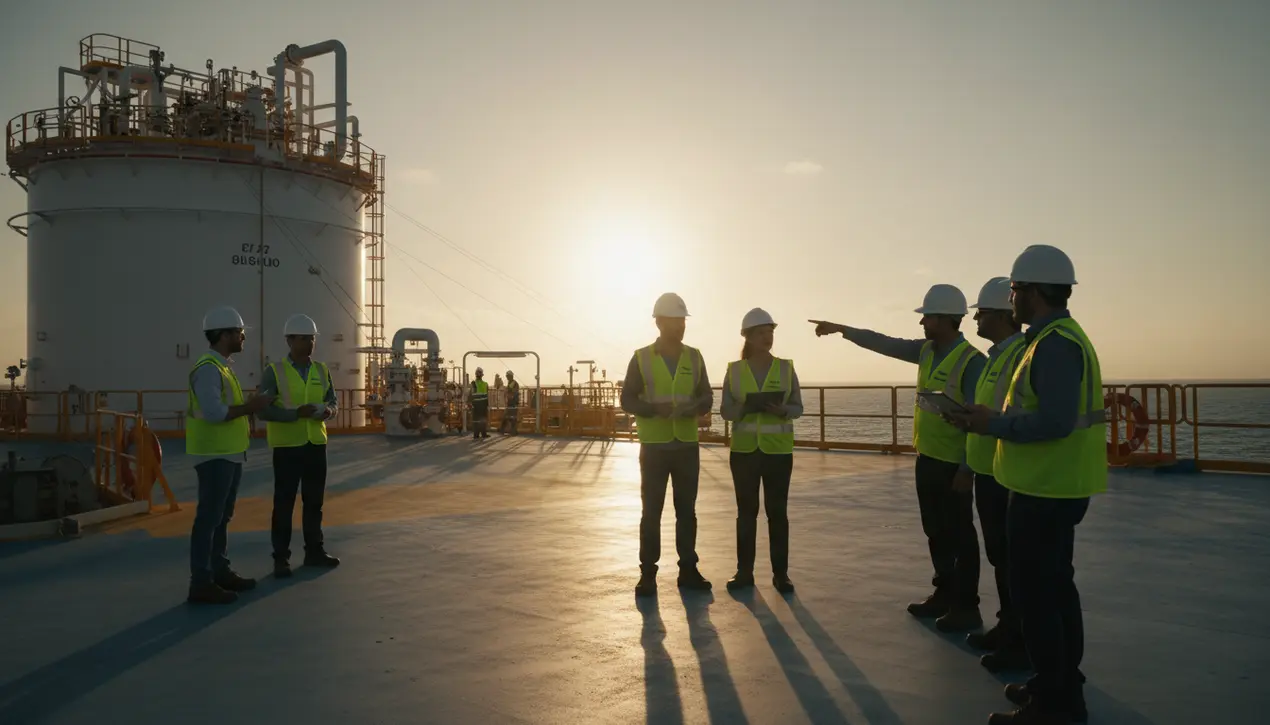
Politicssanctions & tradeEnergy Exports
Europe Could Get Cypriot Natural Gas by 2027.
RO
Robert Hayes
3 hours ago7 min read
The strategic pivot toward Cypriot natural gas, projected for a 2027 delivery to European markets, represents a profound recalibration of continental energy policy, a maneuver whose historical gravity can only be understood through the lens of past geopolitical struggles for resource dominance. This is not merely a new supply contract; it is the latest, most tangible front in Europe’s concerted campaign to achieve energy sovereignty, a direct consequence of the geopolitical schism wrought by Russia’s full-scale invasion of Ukraine.For decades, a dependency on Russian pipelines—Nord Stream, Yamal—provided Moscow with both immense economic leverage and a strategic cudgel, a reality that European capitals, particularly Berlin and Paris, tolerated under a now-shattered doctrine of economic interdependence as a guarantor of peace. The 2022 invasion shattered this illusion, transforming the continent’s energy grid from a matter of economics into one of existential security, forcing a scramble for alternatives that echoes the oil crises of the 1970s but with far greater digital and logistical complexity.The Eastern Mediterranean, long a theater of simmering disputes over maritime boundaries and exclusive economic zones between Cyprus, Turkey, Israel, and Egypt, is now being elevated to a central pillar of European energy resilience. The Aphrodite gas field, lying in Cypriot waters, is at the heart of this endeavor, but its development has been hamstrung for years by diplomatic friction and complex negotiations with Israel over a connected reservoir.The accelerated timeline to 2027 signifies a monumental political and industrial effort, involving the deployment of floating liquefaction units (FLNG) or the construction of a subsea pipeline to connect to the European network via Greece, a project that would require billions in investment and an unprecedented level of cooperation between the EU, the Cypriot government, and international energy majors like ExxonMobil and TotalEnergies. Analysts from the Oxford Institute for Energy Studies caution, however, that while Cypriot gas is a vital strategic asset, its volumes alone are insufficient to fully replace former Russian imports; it must be viewed as a crucial piece of a broader mosaic that includes accelerated renewable deployment, expanded LNG imports from the United States and Qatar, and heightened energy efficiency measures.The geopolitical ramifications are equally significant; this move strengthens the EU’s hand in the Eastern Mediterranean, providing a counterweight to Turkish ambitions and deepening the energy alliance with Israel, while simultaneously dealing a long-term structural blow to Russia’s petro-state economy by permanently shrinking its primary market. As Winston Churchill presciently noted when he masterminded the Royal Navy’s shift from coal to oil before World War I, ‘Safety and certainty in oil lie in variety and variety alone. ’ Europe, a century later, is finally applying that same strategic principle to natural gas, with Cyprus emerging as a key, if belated, vessel for its energy security and geopolitical independence.
#featured
#Europe
#natural gas
#Cyprus
#Russia
#Ukraine war
#energy security
#2027
Stay Informed. Act Smarter.
Get weekly highlights, major headlines, and expert insights — then put your knowledge to work in our live prediction markets.
Comments
Loading comments...
© 2025 Outpoll Service LTD. All rights reserved.